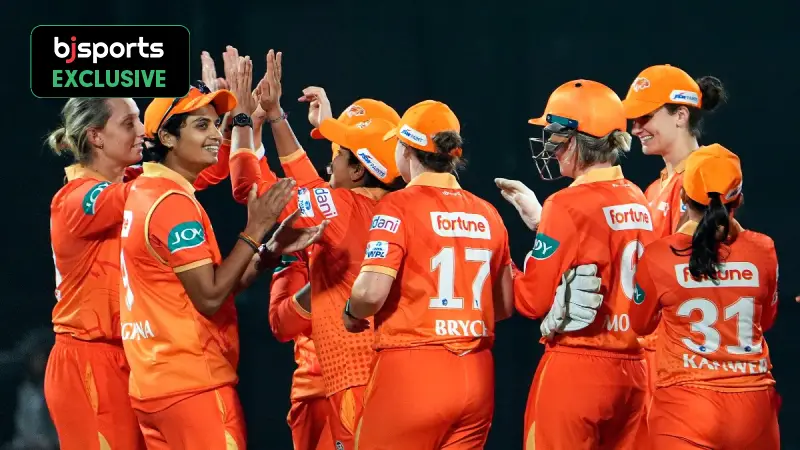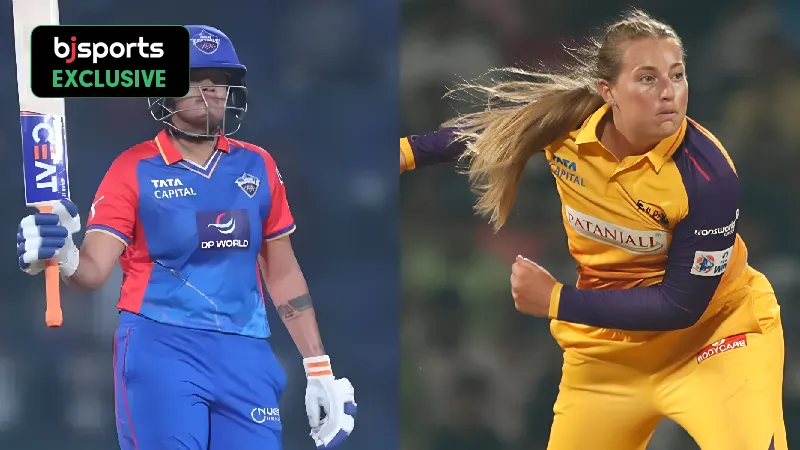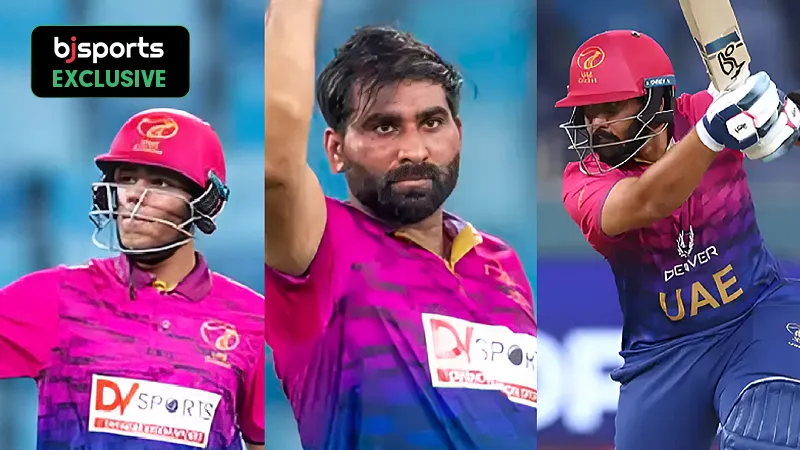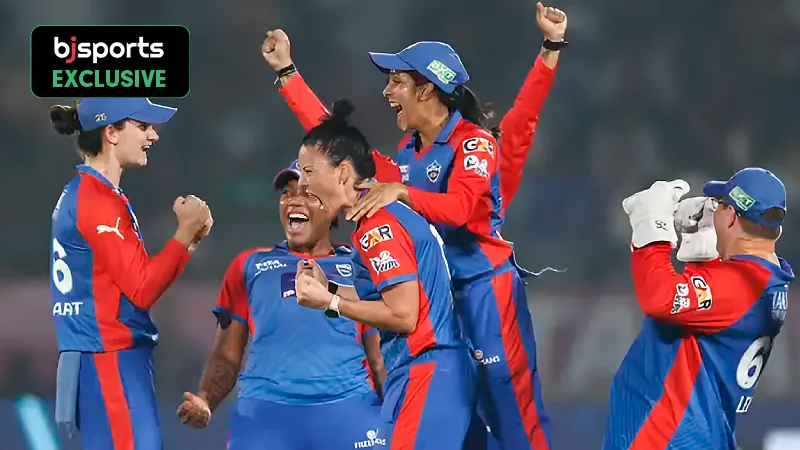Check out the 3 fastest half-centuries in ICC Champions Trophy history. After eight years of break, the ICC Champions Trophy is back. This time the ICC Champions Trophy 2025 will be played in Pakistan and UAE. The top eight teams of the ICC World Cup 2023 were qualified for the Champions Trophy. Over the course of time the tournament saw many great batters like Sachin Tendulkar, Ricky Ponting etc. Batters have got chance to get runs and be one of the greatest batters in the world.
As the ICC Champions trophy will soon get off all the eight teams are divided into two groups. India comes in Group A and will face Bangladesh, New Zealand and Pakistan in UAE. India starts their campaign against Bangladesh. India has won the ICC Champions Trophy twice in 2002 and in 2013.
1. Eoin Morgan (50 off 26 balls)

During the 2009 ICC Champions Trophy England were facing South Africa. The Centurion saw Eoin Morgan take 26 balls to reach half-century. Later he scored 67 runs. Eoin Morgan later became a key player of the England setup. He won the ICC World Cup in 2019. The ICC Champions Trophy 2009 was won by Australia.
2. Craig McMillan (50 runs off 21 balls)

The ICC Champions Trophy 2004 took place in England. During New Zealand’s game against the USA at the Oval. During that match, the world saw Craig McMillan score the second-fastest half-century in the tournament’s history. Craig McMillan took only 21 balls to get his fifty. However, he remained not out on 64 runs.
3. Shahid Afridi (50 off 18 balls)

ICC Champions Trophy 2002 was held in Sri Lanka in which India and Sri Lanka were the joint winners as the final match was washed out due to rain. During Pakistan’s match against the Netherlands in Colombo Shahid Afridi scored the fastest half-century in the tournament’s history. Shahid Afridi took only 18 balls to cross the 50-run mark. He scored 55 runs and was not out in the match.
Disclaimer: This Exclusive News is based on the author’s understanding, analysis, and instinct. As you review this information, consider the points mentioned and form your own conclusions.
 Gujarat Giants Playing XI vs Delhi Capitals Women | WPL 2026 Eliminator Match
Gujarat Giants Playing XI vs Delhi Capitals Women | WPL 2026 Eliminator Match WPL 2026: Predicting top three player battles for the Match No. 20
WPL 2026: Predicting top three player battles for the Match No. 20 T20 World Cup 2026: 3 UAE batters to watch out for
T20 World Cup 2026: 3 UAE batters to watch out for WPL 2026: Predicted playing XI for the Match 20
WPL 2026: Predicted playing XI for the Match 20

